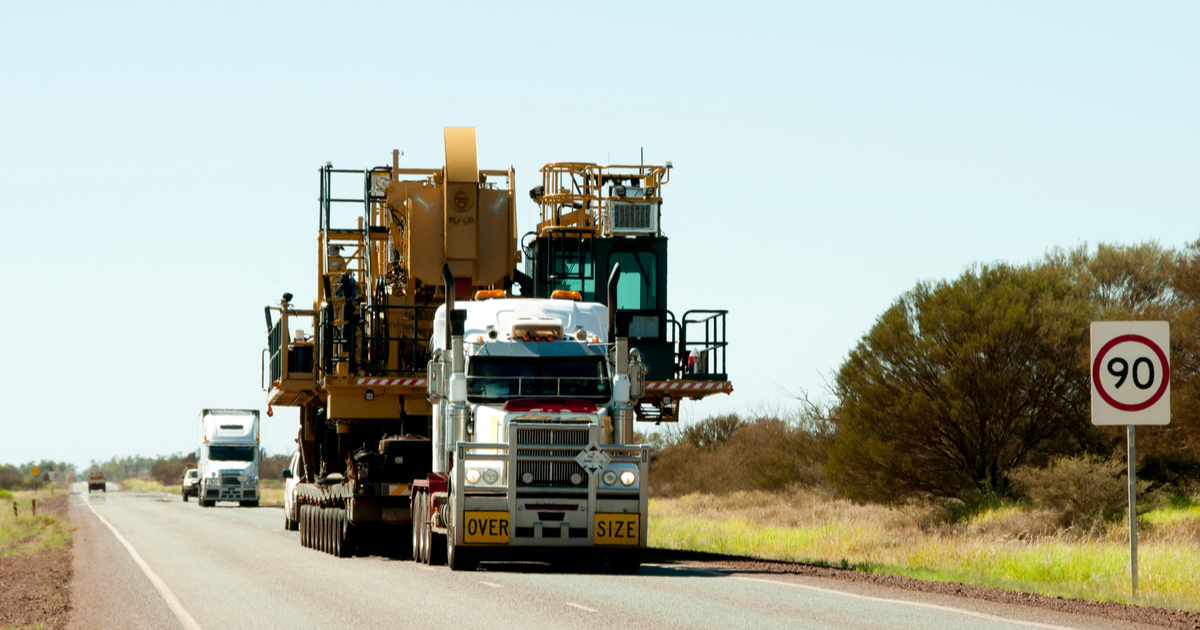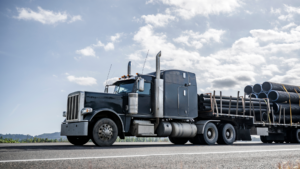
Fleet management can be a difficult task to take on alone. Many trucking companies use contractors, who can themselves hire a subcontractor. But did you know that as a trucking business owner you’ll need to file their tax forms too?
Here’s what you need to know about filing 1099-MISC Forms for your subcontractors!
Form 1099-MISC: Subcontractors
Some trucking company owners don’t realize they need to file taxes for their subcontractors. Employers must file Form 1099-MISC to report any non-employee compensation equaling $600 or more. Anyone not considered an official employee will need this form to report their miscellaneous income for the tax period.
For. And remember, you’re required to issue copies of Form 1099-MISC to your subcontractors by January 31st!
What You Need To File Form 1099 Online
|
Your Information:
|
Independent Contractor Information:
|
If you don’t have your subcontractor’s information available, you can request it through a W-9 Form. Luckily, with TaxBandits the W-9 process only requires 60 seconds the subcontractor’s valid email address.
Filing Form 1099-MISC With TaxBandits
Filing your Form 1099-MISC can be a rocky experience, but TaxBandits makes it as smooth as the open road.
TaxBandits allows you to create a free account before beginning the e-filing process. The site also provides tips to explain what information you need to complete your form. You can also save time by using their bulk-upload feature.
TaxBandits can also save you from wasting time at the post office. Use their postal mailing feature to print and mail hard copies of the Form 1099-MISC to each of your subcontractors.



